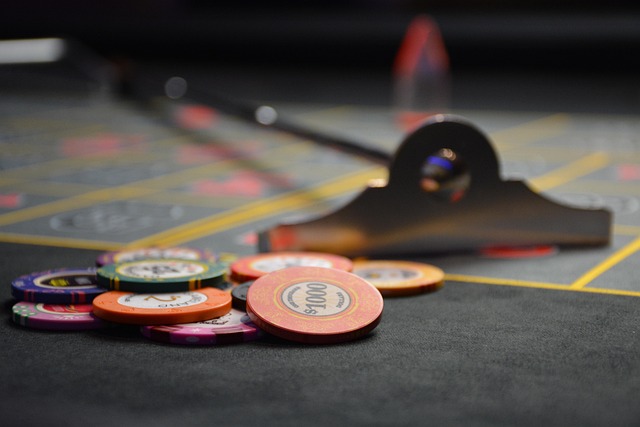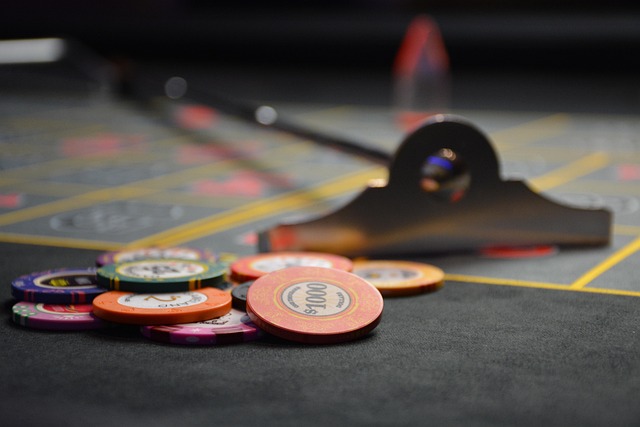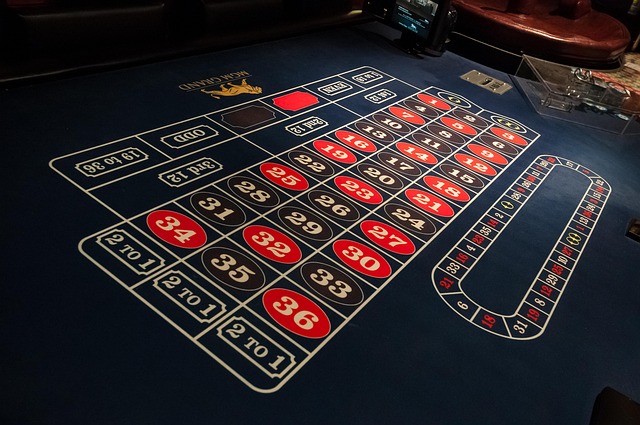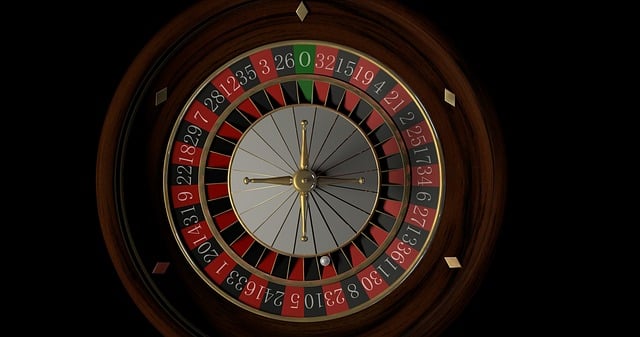Understanding roulette odds and house edge is crucial for developing a strategy. European roulette has lower odds (1 in 37) and a 2.7% edge, while American versions have higher odds (1 in 38) and a 5.25% edge. Effective strategies include recognizing these odds, managing bets, using rules like la partage, and tracking number patterns with probability theory to minimize losses and maximize gains, appealing to both casual and experienced players seeking an edge.
Discover the art of mastering roulette with our comprehensive guide on effective Roulette Strategy. Learn how to navigate the casino floor with confidence by understanding crucial concepts like odds and house edge. Explore popular betting systems that could turn your luck, and uncover advanced tactics to minimize losses. Elevate your gameplay and make informed decisions using these proven Roulette Strategy secrets.
- Understanding Roulette Odds and House Edge
- Popular Roulette Betting Systems Explained
- Advanced Strategies for Minimizing Losses
Understanding Roulette Odds and House Edge
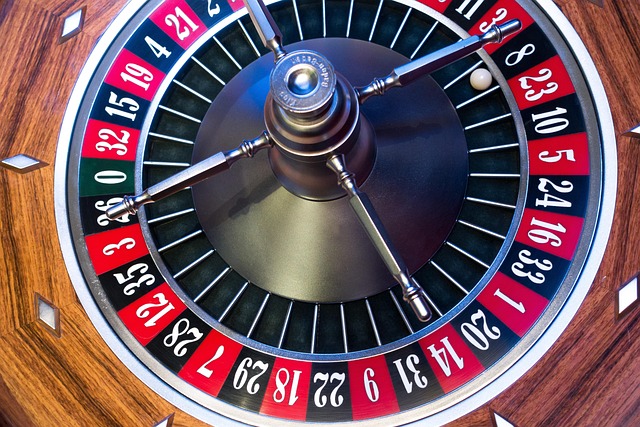
Understanding Roulette Odds and House Edge is a fundamental aspect of crafting an effective roulette strategy. In this game, players bet on where a spinning ball will land on a numbered wheel, with 37 pockets in European roulette (one zero) or 38 pockets in American versions (including double zero). The odds of hitting any particular number are 1 in 37 or 1 in 38, respectively, making it a game of chance. However, the house edge—the average amount the casino expects to win per bet—can significantly impact your chances.
In European roulette, the house edge is approximately 2.7%, while American roulette has a slightly higher edge at around 5.25%. This difference might seem minor but can translate into substantial gains or losses over time. Knowing these odds and managing your bets accordingly is crucial in any roulette strategy. Players often seek to minimize the house edge by choosing numbers with lower betting odds, using strategic bet placement, and capitalizing on rules like la partage, which returns half of the bet when the ball lands on zero.
Popular Roulette Betting Systems Explained
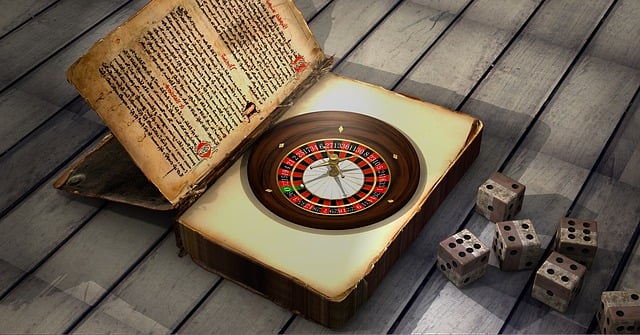
Roulette, a game of chance and strategy, has captivated players for centuries with its simple rules yet complex outcomes. At the heart of many discussions are betting systems—popular Roulette strategy tools designed to offer an edge over the house. One such system is the Martingale strategy, which advocates doubling your bet after each loss until you win, thereby “recouping” all previous losses plus a profit. This approach, though dramatic, hinges on the belief in consistent winning streaks, often seen as a game-changer for players.
Another widely recognized Roulette strategy is the Fibonacci system, inspired by the mathematical sequence of Fibonacci numbers. Players bet on the sum of their current bet and the previous one, following the sequence’s principles. This method, considered more balanced than Martingale, allows for substantial wins while controlling potential losses. These betting systems, though not guaranteed winners, offer structured approaches to Roulette play, appealing to both casual enthusiasts and seasoned players looking to enhance their strategy.
Advanced Strategies for Minimizing Losses

In the realm of roulette, where luck often takes center stage, advanced strategies can be a player’s secret weapon to minimize losses and maximize potential gains. Beyond the basic betting systems, there are sophisticated approaches that require a deeper understanding of the game. One such strategy involves tracking numbers and identifying patterns over multiple spins. Dedicated players keep meticulous records, noting when specific numbers or groups of numbers appear more frequently than expected. This data can reveal trends and help refine future bets accordingly.
Another advanced tactic is the application of probability theory. By utilizing mathematical concepts, players can identify bet types with better odds. For instance, betting on ranges or color combinations might offer more favorable probabilities than straight-up number bets. These strategies demand patience and discipline, as they involve careful analysis and a long-term perspective. However, when executed effectively, they can significantly reduce the impact of losses and keep the player’s bankroll intact.
Roulette, a game of chance and skill, offers a multitude of strategy options. By understanding odds, exploring betting systems, and employing advanced techniques, players can enhance their experience and potentially minimize losses. While there’s no guaranteed winning strategy, these approaches provide valuable tools for navigating the table and making informed decisions, ultimately enriching the thrill of this classic casino game.


